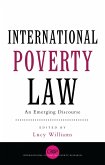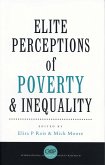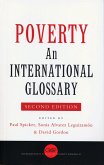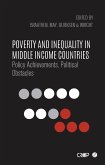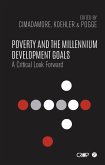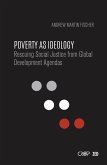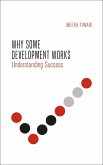This book brings together two of today's leading concerns in development policy - the urgent need to prioritize poverty reduction and the particular circumstances of indigenous peoples in both developing and industrialized countries. The contributors analyse patterns of indigenous disadvantage worldwide, the centrality of the right to self-determination, and indigenous people's own diverse perspectives on development. Several fundamental and difficult questions are explored, including the right balance to be struck between autonomy and participation, and the tension between a new wave of assimilationism in the guise of 'pro-poor' and 'inclusionary' development policies and the fact that such policies may in fact provide new spaces for indigenous peoples to advance their demands. In this regard, one overall conclusion that emerges is that both differences and commonalities must be recognised in any realistic study of indigenous poverty.
Bitte wählen Sie Ihr Anliegen aus.
Rechnungen
Retourenschein anfordern
Bestellstatus
Storno



